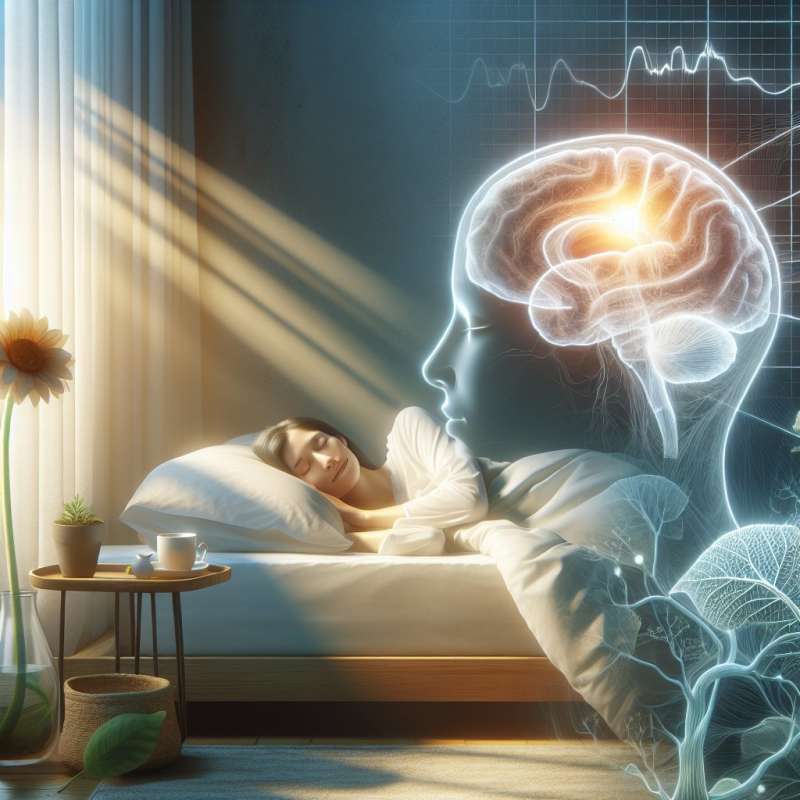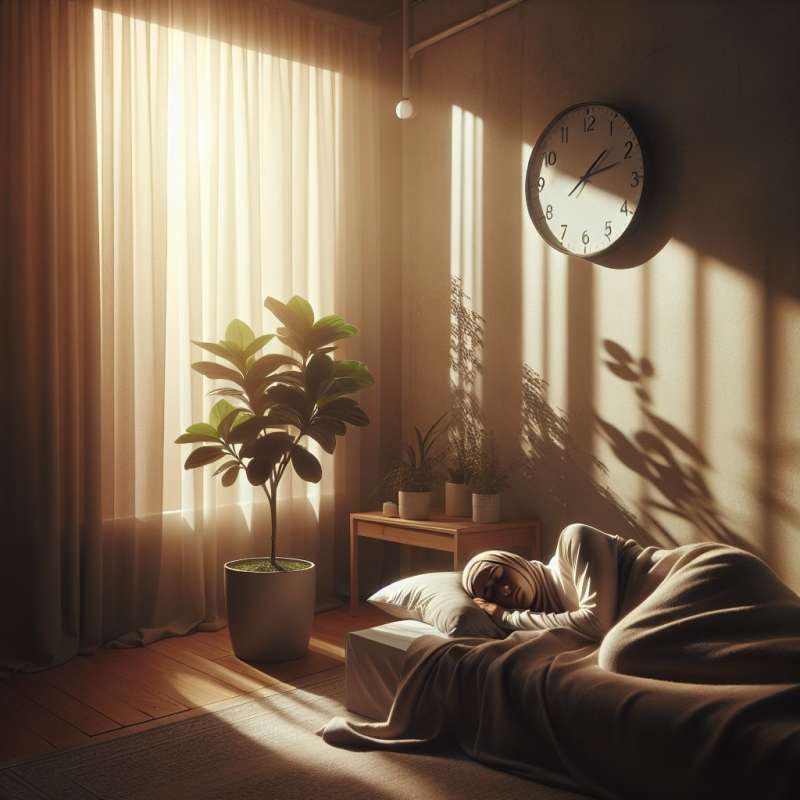
Introduction to Sleep Hygiene
Sleep hygiene refers to habits that promote good sleep quality and quantity. It's an essential element for emotional regulation and overall well-being, yet often neglected in our busy lives.
Sleep's Role in Emotions
Adequate sleep helps regulate the amygdala, your emotional center. Sleep deprivation can amplify negative emotions and weaken the prefrontal cortex's ability to maintain emotional balance.
Circadian Rhythm Importance
Your circadian rhythm synchronizes with the Earth's 24-hour cycle, influencing hormone release, emotions, and sleep. Disturbances can lead to emotional dysregulation.
Impact of Blue Light
Exposure to blue light from screens before bedtime can disrupt melatonin production, delaying sleep onset and compromising emotional regulation. Consider blue light filters or screen curfews.
Beneficial Sleep Environments
Creating a sleep-inducing environment is pivotal. Cool, dark, and quiet rooms enhance sleep quality. Surprisingly, even wall color can influence your sleep and, consequently, emotional state.
Diet's Effect on Sleep
Certain foods and beverages can impair sleep quality, thus affecting emotional well-being. Caffeine and heavy meals before bedtime are common culprits. Tryptophan-rich foods, however, may promote better sleep and mood.
Exercise for Sleep Regulation
Regular physical activity, particularly in the morning or afternoon, can significantly improve sleep quality and emotional regulation. However, intense workouts close to bedtime may have the opposite effect.
What does sleep hygiene promote?
Good sleep quality and quantity
Improved physical strength
Advanced cognitive abilities
Company